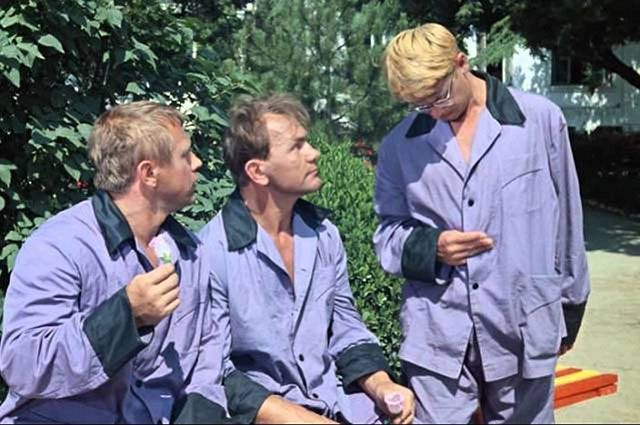
We know the problem of "maximal pair matching" (or "maximal matching in bipartite graph) — one of solutions for it is via "maximum flow" algorithms.
But how to solve certain extension of the problem?
Statement
There is a set of 3*N persons, gender-agnostic. We want to split them into N groups of 3.
For every two of them we know the value of mutual happiness of being together in the same group (e.g. we have a diagonally symmetric table 3N by 3N of happiness).
Now, how to maximize happiness? Assuming happiness of a group is sum of 3 pair's happiness in it — and total happiness is the sum over group's happiness.
Any ideas? Iterative random swaps may help in improving happiness but is there precise solution (without brute-force iterating over all possible group arrangements as their number increases pretty fast).
Thanks in advance!











As a newbie I am not able to answer your problem. But to the best of my knowledge, max matching in hypergraphs is NP-hard.
You might investigate max matchings in hypergraphs.
For a newbie you do know some very curious keywords :) thanks, I'll check!